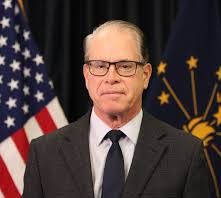“Through voluntary partnership and private sector innovation, we have achieved a significant reduction in the emissions of methane. The program is a great example of how an EPA-industry partnership can create incentives for private industry and reduce emissions without a one-size-fits all mandate,â€Â said EPA Administrator Andrew Wheeler.
The extensive data provided by companies on their voluntary efforts provides important information to the public and serves as a guide for other companies looking to improve efficiencies and reduce emissions. Highlights from the reported data include the following:
- The first publication of detailed data from Methane Challenge partners in the ONE Future commitment option, covering emission sources and voluntary actions to mitigate methane emissions across their operations.
- Partners’ methane reductions to-date have kept nearly $32 million worth of natural gas in the pipeline.
- Distribution segment companies reported replacement of nearly 3,000 miles of cast iron pipelines and nearly 5,000 miles of unprotected steel pipelines since the program began. These actions reduced methane emissions from old, leaky pipes by over 570,000 metric tons of carbon dioxide equivalent.
- Transmission segment companies reduced methane emissions from pipeline “blowdowns†during planned pipe replacement/maintenance activities by over 4 million metric tons of carbon dioxide equivalent.
As the agency is in the process of re-assessing its regulatory approach to this sector, these companies are demonstrating how beneficial public-private partnerships can be. With greater industry participation, these programs can be even more impactful, which is good for business and the environment.



